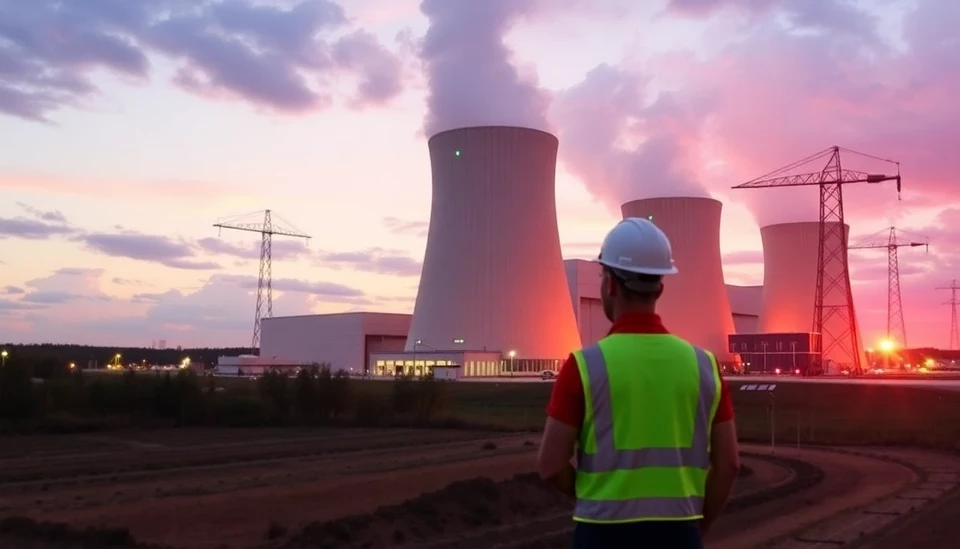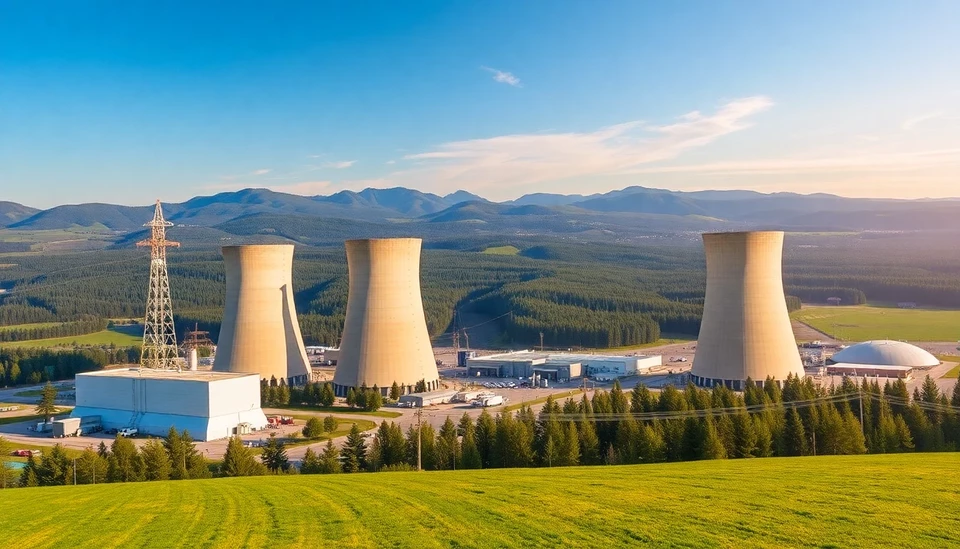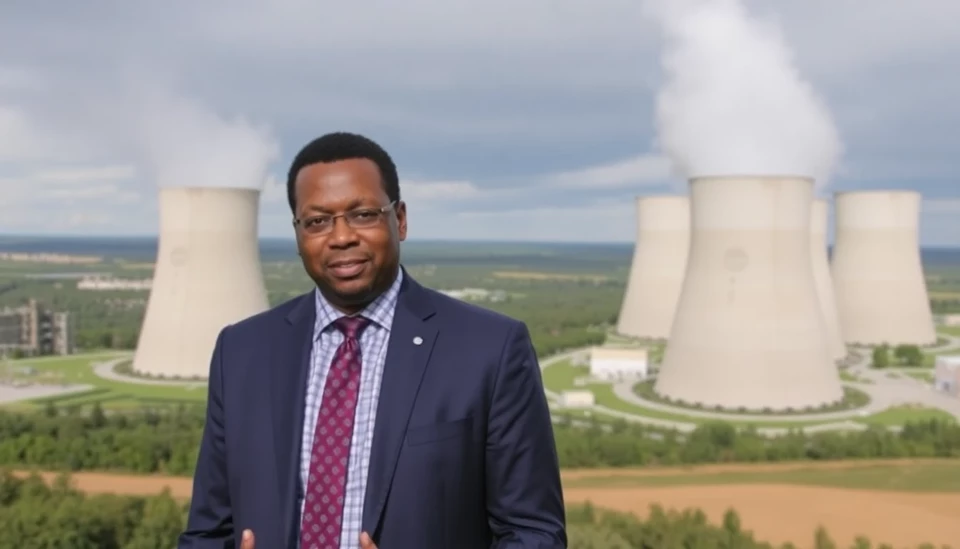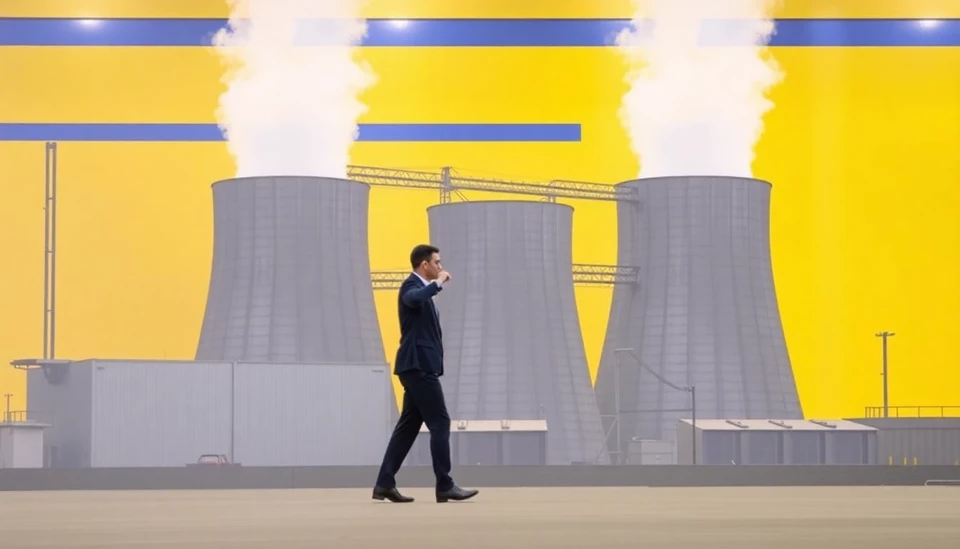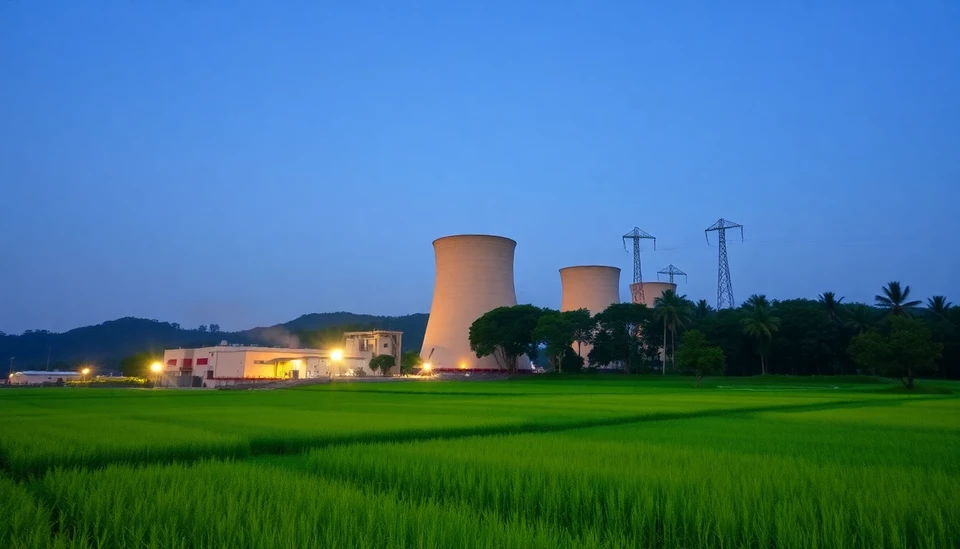
In an ambitious bid to revolutionize the energy sector, a startup focused on nuclear power is turning its attention to India, aiming to tap into the country’s vast and largely unexplored uranium reserves. This initiative is part of a broader movement toward harnessing clean energy solutions and reducing carbon footprints in one of the world’s most populous nations.
The startup, which has not been named in the reports, is exploring potential partnerships with local governments and corporations to expedite its mining and extraction processes. India’s uranium wealth is critical for the nation’s nuclear energy ambitions, especially amid increasing concerns over climatic shifts and energy shortages. This venture underscores a significant pivot in India’s energy strategy focused on achieving sustainability without compromising energy security.
India holds one of the largest reserves of uranium, particularly in states like Jharkhand and Rajasthan, where deposits remain largely unexplored due to historical restrictions on nuclear exploration. The government has shown a willingness to adapt regulations in a bid to foster a climate that is more conducive to investments in nuclear technology and mining. By partnering with global companies in the sector, India could accelerate the development of its nuclear capabilities, which have lagged behind other countries like China and the United States.
The startup is looking to bring innovative technologies to the table, including advanced mining techniques that not only increase efficiency but also minimize environmental impact. The use of clean energy solutions is particularly crucial in India, where traditional energy sources have contributed to significant air pollution and health issues.
Despite India’s rich resources, the path to unlocking its uranium potential is fraught with challenges. Regulatory hurdles, local opposition to mining activities, and concerns over the safety of nuclear energy remain significant obstacles. However, the rising global demand for cleaner energy alternatives could potentially ease these tensions, making the prospect of increased nuclear power generation more appealing. This, in turn, could help India achieve its climate targets as part of international agreements, especially in the wake of global initiatives to combat climate change through energy diversification.
As the world increasingly pivot towards renewable energy sources, the need for stable baseline power sources like nuclear becomes evident. This strategic move by the startup aligns with the overarching goals set by the Indian government to increase the share of nuclear power in its energy mix to help meet future energy demands while striving for lower greenhouse emissions.
The success of this venture will be closely watched, not only for its potential to change the energy landscape in India but also for its implications on global nuclear energy collaborations. If successful, it could pave the way for a new era of nuclear-powered energy that is both sustainable and accessible.
Proponents argue that expanding nuclear energy capabilities could lead to job creation, enhanced research and development in energy technologies, and greater energy security. On the flip side, critics continue to voice concerns over nuclear safety, waste disposal, and the long-term implications of mining in ecologically sensitive areas. The debate continues as stakeholders weigh the benefits against the potential risks associated with nuclear energy.
In conclusion, the nuclear power startup’s plans to explore India’s untapped uranium reserves represent a crucial juncture in the country’s energy journey. With proper execution, the initiative could not only help meet India’s growing energy needs but also serve as a model for increased global collaboration in pursuing sustainable nuclear energy solutions that are vital for addressing climate challenges.
#NuclearEnergy #CleanEnergy #UraniumMining #SustainableFuture #IndiaEnergy #ClimateChange #EnergyInnovation
Author: John Harris
